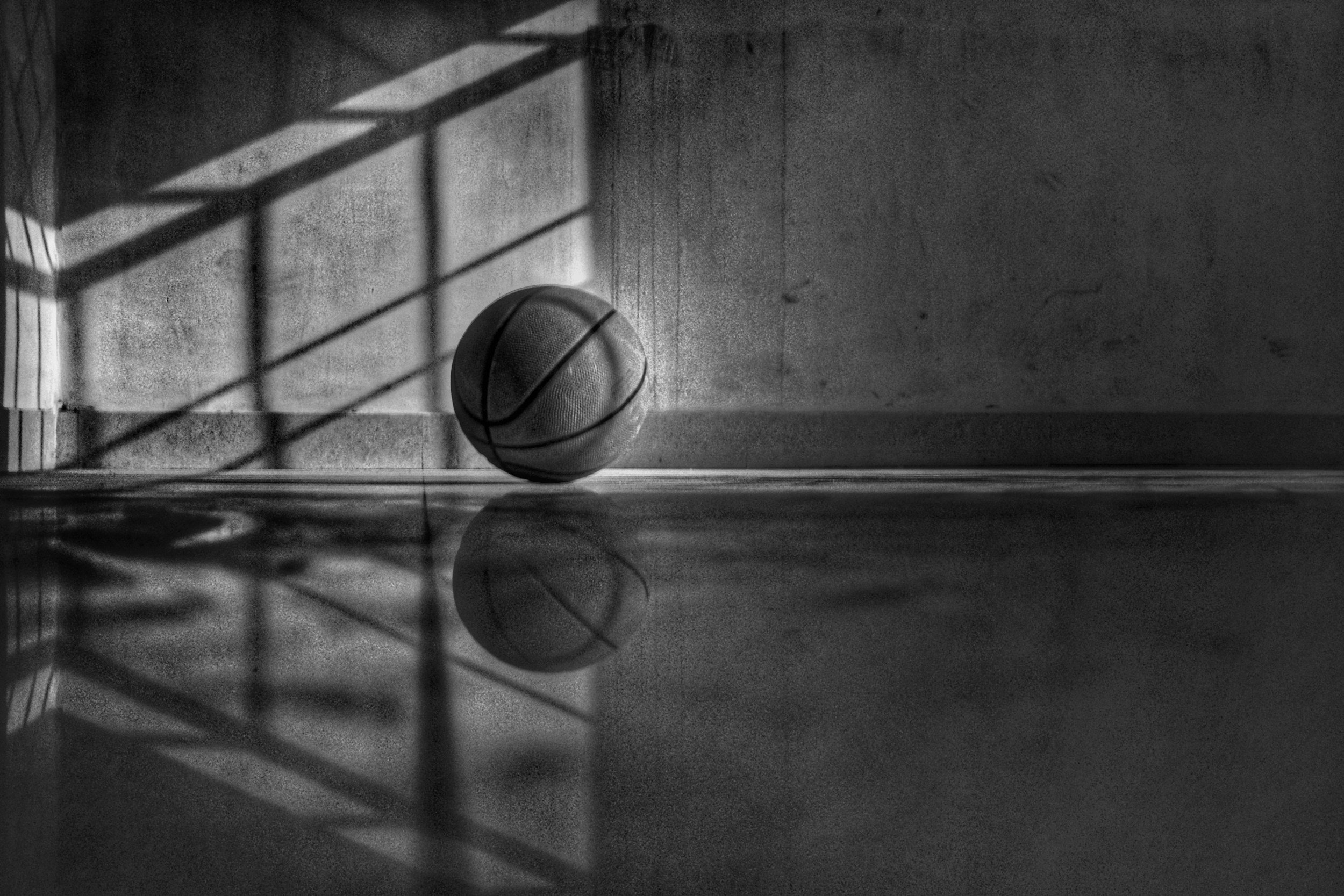The Three Pillars of apex training
Training with Apex Basketball Academy means stepping into an environment where athletes aren't just taught to play — they're trained for the wild.
Just like an apex predator thrives by surviving and adapting in the wild, our training methods push our athletes beyond the confines of traditional drills, putting them in real, game-like scenarios that sharpen their instincts and increase competitive performance.
Adaptability
The ability to adapt to changing situations is what allows athletes to perform under real-game conditions.
Research in the field of skill acquisition shows that when players are trained to adapt, they develop cognitive and physical flexibility, enabling them to make quick decisions, adjust to opponents' strategies, and react to unexpected scenarios on the court.
Unlike repetitive drills that focus only on one skill or static movements, adaptive training prepares athletes for the unpredictability of competition. This means they are not only mastering individual skills but learning how to apply them effectively in dynamic, high-pressure environments.
Shooting 3 pointers in a drill can help players feel more comfortable shooting that shot in a game. But how much does a static 3 pointer help when additional complications are introduced during games? Every 3 pointer attempted in a game requires the athlete to take into account things like defenders, space, fatigue, time/score situation, balance, mindset, and 100 other things that simply aren’t required to be successful in a static shooting drill.
In short, adaptability ensures that the skills athletes acquire are not just theoretical or mechanical—they become functional and transferable to every situation they will face in a game.
Creativity
Contemporary skill acquisition research emphasizes that creativity is not just about improvisation but also about applying learned skills in unique ways that best fit the demands of the game. This is particularly important in basketball, where no two plays are the same, and the ability to think creatively can be the difference between success and failure.
Studies show that fostering creativity enhances problem-solving, decision-making, and the ability to execute under pressure.
Instead of simply following rigid patterns or predictable movements, creative athletes can read the game, adapt to different situations, and innovate on the fly — whether it's finding new ways to break a defense or adjusting mid-play.
By integrating creative thinking into skill development, athletes become more versatile, unpredictable, and effective in real-game scenarios, where rigid, repetitive skills may fall short.
Individualization
Individualization is key to effective skill acquisition because it tailors training to an athlete's unique needs, strengths, and weaknesses.
Research shows that athletes learn best when training is personalized, allowing for targeted improvement in areas that matter most for their performance. This approach helps optimize development, ensuring that skills are acquired in ways that are most relevant to each athlete’s position, style, and physical abilities.
In addition, individualized training fosters greater engagement and motivation. When athletes feel their specific challenges are being addressed, they become more invested in their growth.
This approach also promotes better skill transfer to real-game situations, as athletes can apply learned skills in ways that suit their personal playing style. Ultimately, individualization maximizes an athlete's potential, creating a path for more efficient, effective skill development.



